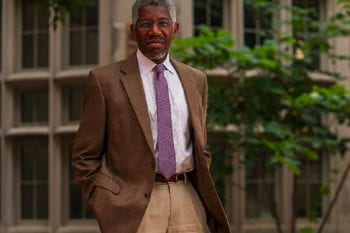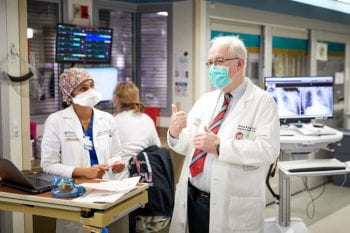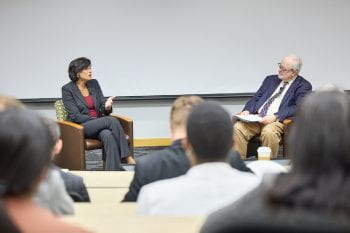Public health is often the unseen force that keeps our communities thriving. From ensuring clean water to managing vaccination programs and regulating food safety, it is the vital infrastructure that promotes healthier lifestyles and safeguards our environments. Without it, communities are left vulnerable to emerging threats, underscoring the critical need to reinforce this infrastructure. What […]
Creating healthier futures: The science behind public health





















